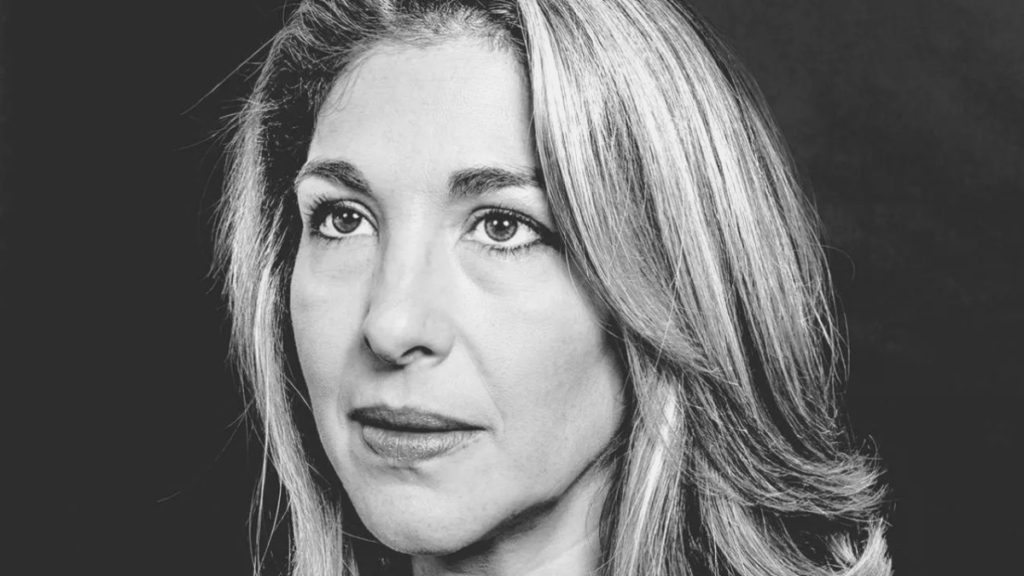This book discusses climate change. Although it is already six years old, by then the perspectives were already terribly dark. I wonder what more recent work has to say about the subject, although I suspect it doesn’t bring any good news.
It starts by presenting the many structures that both created and sustain the problem. These structures all orbit around a single ideological nucleus: free-market capitalism. In its first section, it points out how climate change deniers almost always hold conservative political views and identify themselves with free-market principles. The insidious thing is that, because these people adhere so strongly to their ideologies, they subvert scientific consensus to dissolve the uncomfortably real scenario of climate change to their views. This means seeding doubt in a scientifically uneducated population, creating a false impression of dispute around the subject. It is shocking to realize how consistently agreed upon the topic is amongst scientists – according to Klein, 97% of world climate scientists agree that climate change is real and human-influenced. I am guessing not even gravity is this uncontroversial amongst physicists. Nonetheless, it is still seen as a minor (and sometimes even fictional) problem by the general population. This can be attributed, amongst other things, to the insistent indoctrination of right-wing political communities – media outlets, think tanks, online forums –, which create a false impression of controversy around a subject that is very much real. Because climate change demands solutions that go against free-market principles, free-market defenders deny the very existence of climate change as a phenomenon.
In its second part, the book proceeds to tackle the obstacles to the potential solutions to climate change. Klein paints a bleak picture of the so-called “green” institutions – both for and not for profit – and trace undeniable links between them and fossil fuel powerhouses: a make-believe structure on which these institutions ally with the actual creators of the problem. Because those responsible are so powerful, it is hard to come up with solutions free from their influence, which is inevitably strong enough to diminish any effective strategy that can produce real results. The amount of pollution and fossil fuel emitted is so large, and the damage already so grotesque, that the tempered and modest alternatives usually promoted by these colligations tend to be meek and, all and all, completely pointless. Klein has ways to shake our centrist tendencies out of us.
This section also has one of the most striking chapters on the book: “No Messiahs”, on which Klein disparages the billionaire-hero myth that seems to intoxicate this free-market worship culture, and is very much fashionable today. At the time, the main figure representing this trend was Richard Branson, Virgin founder and magnate, who promoted a series of initiatives and made substantial promises to revert climate change. However, Branson’s promises and initiatives didn’t dare to uproot what, according to Klein, is the source of the problem: the grow or die mentality of free-market capitalism. Instead of rethinking his business standards and setting an example, Branson only injected money (less than what he promised) in solutions that wouldn’t risk changing the causes of the problem but intended to revert its effects. Because, as Shantideva says, humans hate suffering but love its causes. Branson was unable of letting go of his profits, and, instead, used those profits to try to mitigate the effects of a problem he was helping to create. Like a smoker who invests heavily in lung cancer medication, but won’t stop smoking. I see this as a reflection of another cultural maxim we seem to be shackled to: that money can fix everything. This materialistic ideal puts billionaires in a hero-like status, as if, because they have so much money, they are effectively capable of solving all world problems – a kind of “Tony Stark syndrome”. Klein is relentless in showing how much this myth is just that – a fantasy – and that, if no real change happens structurally and culturally in society as a whole, billionaires will not do much more than keep on buying private islands and new fancy yachts.
The final section of the book presents what Klein sees as the solutions for the problem. They revolve around a concept named by the author herself: Blockadia, the civil uprising against fossil fuel powers and policies. Many of the examples given by Klein are truly inspiring, especially those regarding indigenous and native populations, which could fill an entire book on their own. However, there is an important aspect that strongly diminishes Klein’s late call for optimism: bad timing, as she playfully says. This book was published in late 2014, on which we still lived in a mostly liberal-oriented world. If Klein could have seen the future wave of conservatism that crashed so strongly upon our culture in just a few years forward, I wonder if she would keep the same optimistic tone. It is almost painful to read through her still hopeful messages at the end of this book knowing how much the world has changed from the time of its publishing to this day. Cultural changes that, surprisingly or not, took the opposite directions she is suggesting.
My take on this subject is inevitably related to the growing cultural maxim of the sovereignty of one’s wishes. Consumerist culture has, for sure, made our desires the most important aspects of our identities. However, I don’t believe that this is so much a result of some bigger scheme or financial/social structure. I have the impression that the problem comes from inside out: greed, as a fundamental human emotion, is the very first seed of the frightening chimera which is the violent brand of capitalism we see these days, and that has directly resulted in the problem of climate change. A growing sense of separation and individualization prevents us from seeing the subtler, but deeply significant, truths of interdependency and connectedness amongst everything. This has, in turn, obscured even further aspects of our reality. We seem to be blind to something as simple as the understanding of cause and effect. More and more unable to link our actions, both as individuals and as a society, to the tragic results we see in our world. We try to remedy the problem by doing more of its causes.
I tend to see parallels between the climate change issue and the COVID-19 crisis. The stubbornness and blunt denial of the pandemic seen mainly in the conservative sectors of our society are very much associated with this ethical standpoint that seems to believe that greed is good. For both COVID and climate change deniers, changing one’s habits for a greater good is not an ethical attitude – on the contrary, it is an assault on personal freedom and, therefore, unethical. The fundamental misunderstanding here is that personal freedom has been associated with simply attending to one’s wishes, no matter how harmful they are to others. Greed has been thoroughly normalized and, even worse, ethicized.
Still, we can hope. As Klein powerfully puts at the end of the book, history is knocking on our door. It is about time we properly answer it.

